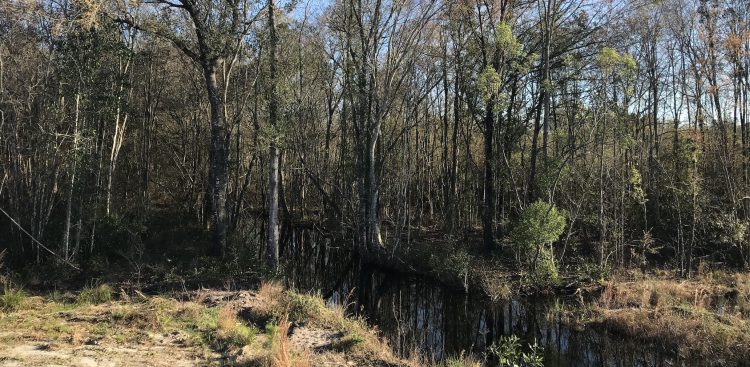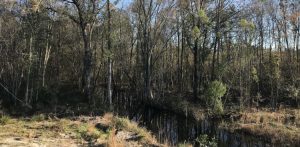Environment
Monitoring fish catch after Scotus bans owner-paid monitorsOctober 7, 2025

By David Pendered
Coming soon: A 1791 travelogue of Muscogees in the Okefenokee Swamp.
July 4 — Two main points in the federal lawsuit that seeks to jump start an application to dig a strip mine near the Okefenokee Swamp contend the Muscogee Creek Nation has no business in an issue that should be resolved under the Trump administration’s rulings on the Clean Water Act.
The lawsuit directly challenges an order from President Biden’s administration that the tribal nation be brought into the permitting process for government-to-government consultation, and that the permit be reviewed under current rules on the Clean Water Act – rules that supersede those of the Trump era.

The order was issued June 3 by the U.S. Army Corps of Engineers, which has oversight of many aspects of the nation’s waters.
The lawsuit does not appear to raise any issues that would relate to the Supreme Court’s June 30 ruling in the case West Virginia v. EPA. The ruling in that case, written by Chief Justice John Roberts, overturned some administrative powers of the EPA to regulate emissions from the nation’s electrical power plants.
Twin Pines Minerals, LLC filed its lawsuit June 22 in the U.S. District Court’s Southern District, in Waycross. Twin Pines names the corps and corps officials including the one who issued the ruling that halted the permitting process for the mine – Mike Conner, a civilian serving as assistant secretary of the Army in charge of civil works. Conner’s appointment was approved by the Senate by a 92-5 vote.
Conner issued a ruling that sent Twin Pines’ permit application for the mine back to its sponsors, with instructions to include the Muscogee Creek Nation in discussions over the permit application.
Conner’s ruling rests on a memorandum from President Biden’s administration titled “Tribal Consultation and Strengthening Nation-to-Nation Relationships,” which prescribes “robust consultation with Tribal officials in the development of Federal policies that have Tribal implications.”
Twin Pines’ lawsuit makes its position plain in the introduction of its case. The lawsuit contends Conner, identified as ASA in the paragraph below, has not authority to order the Muscogee Creek nation be brought into consultations about the permit or that the corps was withdrawing its Approved Jurisdictional Determinations that it had no authority over the permits because of the Trump-era rulings on the Clean Water Act. The lawsuit states:
0